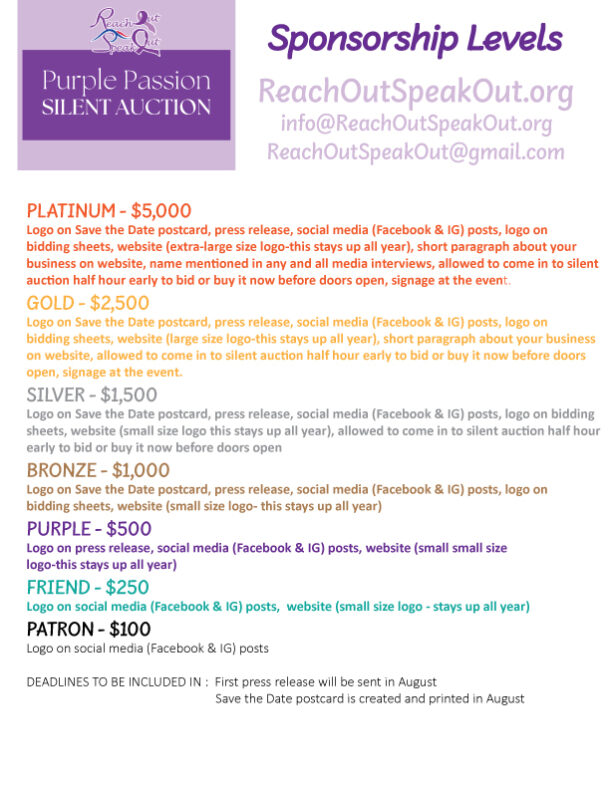Hi, it’s Sunshine again. It has been quite a while since my first post on Should I Stay or Should I Go? went up. I ended that post with this word: Codependence.
It’s Embarrassing.
And frightening and a lot of other hard, negative “ing” words. I was out. Reach Out Speak Out helped me get out. And I went back. And I feel like anything I do is going to hurt somebody or make somebody else mad and it’s my responsibility to keep everybody happy.
Right?
I did some work with a wonderful counselor while I was away. I learned about codependence. Melody Beattie is the most recognized popular author on codependency with her work on Codependent No More. Stephanie Ellis Ecke has written on codependence here. Pia Mellody also did groundbreaking work and this infographic from here is pretty handy: Pia Mellody on Codependency (click to download)
I’m including all of these links because when I first realized (and accepted!) that I’m a codependent personality, it was like a lightning strike. I could accept all of the “A” programs that I might need, but CoDA (Codependents Anonymous)? REALLY?
I am strong and tough. I’ve withstood much. I haven’t stopped loving people. Wanting the best for them. Trying to make the best happen for them… and that’s where the train begins to go off the rails. There’s nothing wrong with wanting the people in your life to be happy and healthy, but that “trying to make the best happen for them…” Yowser.
Especially when that means staying with someone who isn’t safe — whether that is unsafe to your body, your heart, your mind.
Signs of Codependency
Here are 10 signs of codependency.
1. Feeling responsible for solving others’ problems.
2. Offering advice to others whether it is asked for or not.
3. Expecting others to do what the codependent says.
4. The codependent feels used and underappreciated.
5. Trying to please people so others will like or love the codependent.
6. Taking everything personally.
7. Feeling like a victim.
8. Using manipulation, shame, or guilt to control others’ behavior.
9. Lying to themselves and making excuses for others’ bad behavior.
10. Fearing rejection and being unlovable.
The article in the link goes more in-depth about these things and also covers 10 questions to ask about codependent behavior.
I’m raising this issue of codependency because a) it is a part of my overall story and, b) while I am not a therapist or counselor, and there is some dissension about whether those who suffer domestic abuse are codependent, I have lived with domestic abuse and I am codependent. And I’m not alone. I have met many codependent women, many abused women, and there is blurring of the lines.
It becomes nearly impossible to make a decision.
And I desperately want the readers here to not give up hope on the women who go back again and again and again as they strengthen themselves for that final break. I was rescued. And I went back. And I have regretted it a million times. Sometimes, we just have to have time to strengthen ourselves a little more. And, sadly, life with the abuser is familiar. And most of us crave the familiar.
Please don’t give up on the women you know who need to get out and just haven’t been able to find the strength yet. They are likely fighting battles you can’t imagine. Please be there for them. Listen without judging. Don’t “should” on them (you should do this, you should do that); they get enough of that from their partner.
Please help fund the efforts of groups like Reach Out Speak Out. One day, your friend or relative will be ready. You’ll want them to have support and help.
I will try to write soon to circle this around to a close. I’m sorry I rambled. This is the life we live, thoughts circling around. This is why Reach Out Speak Out is so valuable! They’ve been there. They get it.


